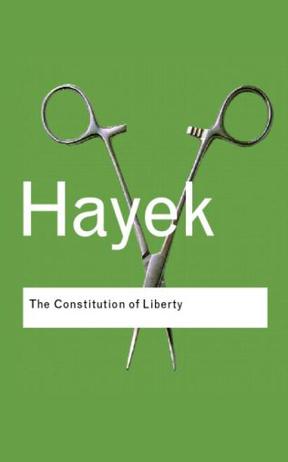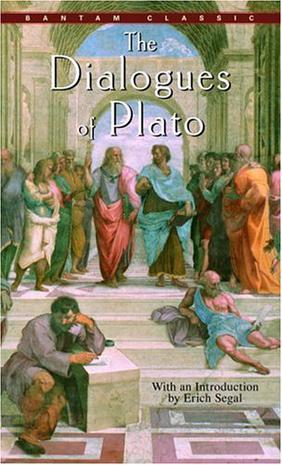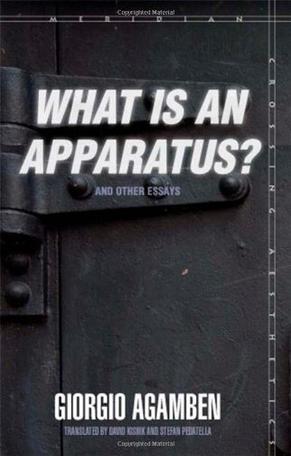-

The Constitution of Liberty
"One of the great political works of our time, . . . the twentieth-century successor to John Stuart Mill's essay, 'On Liberty.'"—Henry Hazlitt, Newsweek "A reflective, often biting, commentary on the nature of our society and its dominant thought by one who is passionately opposed to the coercion of human beings by the arbitrary will of others, who puts liberty above welfare and is sanguine that greater welfare will thereby ensue."—Sidney Hook, New York Times Book Review In this classic work Hayek restates the ideals of freedom that he believes have guided, and must continue to guide, the growth of Western civilization. Hayek's book, first published in 1960, urges us to clarify our beliefs in today's struggle of political ideologies. -

Philosophy: A Very Short Introduction
How ought we to live? What really exists? How do we know? This lively and engaging book is the ideal introduction for anyone who has ever been puzzled by what philosophy is or what it is for. Edward Craig argues that philosophy is not an activity born from another planet: learning about it is just a matter of broadening and deepening what most of us do already. He shows that philosophy is no mere intellectual pastime: thinkers such as Plato, Buddhist writers, Descartes, Hobbes, Hume, Hegel, Mill and de Beauvoir were responding to real needs and events - much of their work shapes our lives today and many of their concerns are still ours. -

The Logic of Sense
Considered one of the most important works of one of France's foremost philosophers, and long-awaited in English, The Logic of Sense begins with an extended exegesis of Lewis Carroll's Alice in Wonderland. Considering stoicism, language, games, sexuality, schizophrenia, and literature, Deleuze determines the status of meaning and meaninglessness, and seeks the 'place' where sense and nonsense collide. Written in an innovative form and witty style, The Logic of Sense is an essay in literary and psychoanalytic theory as well as philosophy, and helps to illuminate such works as Anti-Oedipus. -

The Dialogues of Plato
Socrates’ ancient words are still true, and the ideas found in Plato’s Dialogues still form the foundation of a thinking person’s education. This superb collection contains excellent contemporary translations selected for their clarity and accessibility to today’s reader, as well as an incisive introduction by Erich Segal, which reveals Plato’s life and clarifies the philosophical issues examined in each dialogue. The first four dialogues recount the trial and execution of Socrates–the extraordinary tragedy that changed Plato’s life and forever altered the course of Western thought. Other dialogues create a rich tableau of intellectual life in Athens in the fourth century b.c., and examine such timeless–and timely–issues as the nature of virtue and love, knowledge and truth, society and the individual. Resounding with the humor and astounding brilliance of Socrates, the immortal iconoclast, these great works remain powerful, probing, and essential. -

Plato and a Platypus Walk into a Bar
Here's a lively, hilarious, not-so-reverent crash course through the great philosophical traditions, schools, concepts, and thinkers. It's Philosophy 101 for everyone who knows not to take all this heavy stuff too seriously. Some of the Big Ideas are Existentialism (what do Hegel and Bette Midler have in common?), Philosophy of Language (how to express what it's like being stranded on a desert island with Halle Berry), Feminist Philosophy (why, in the end, a man is always a man), and much more. Finally—it all makes sense! “I laughed, I learned, I loved it!” Roy Blount Jr. -

"What Is an Apparatus?" and Other Essays
The three essays collected in this book offer a succinct introduction to Agamben's recent work through an investigation of Foucault's notion of the apparatus, a meditation on the intimate link of philosophy to friendship, and a reflection on contemporariness, or the singular relation one may have to one's own time. "Apparatus" (dispositif in French) is at once a most ubiquitous and nebulous concept in Foucault's later thought. In a text bearing the same name ("What is a dispositif?") Deleuze managed to contribute its mystification, but Agamben's leading essay illuminates the notion: "I will call an apparatus," he writes, "literally anything that has in some way the capacity to capture, orient, determine, intercept, model, control, or secure the gestures, behaviors, opinions, or discourses of living beings." Seen from this perspective, Agamben's work, like Foucault's, may be described as the identification and investigation of apparatuses, together with incessant attempts to find new ways to dismantle them. Though philosophy contains the notion of philos, or friend, in its very name, philosophers tend to be very skeptical about friendship. In his second essay, Agamben tries to dispel this skepticism by showing that at the heart of friendship and philosophy, but also at the core of politics, lies the same experience: the shared sensation of being. Guided by the question, "What does it mean to be contemporary?" Agamben begins the third essay with a reading of Nietzsche's philosophy and Mandelstam's poetry, proceeding from these to an exploration of such diverse fields as fashion, neurophysiology, messianism and astrophysics.